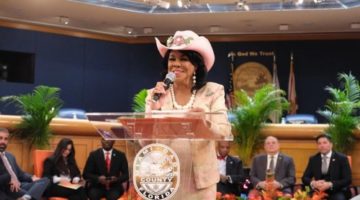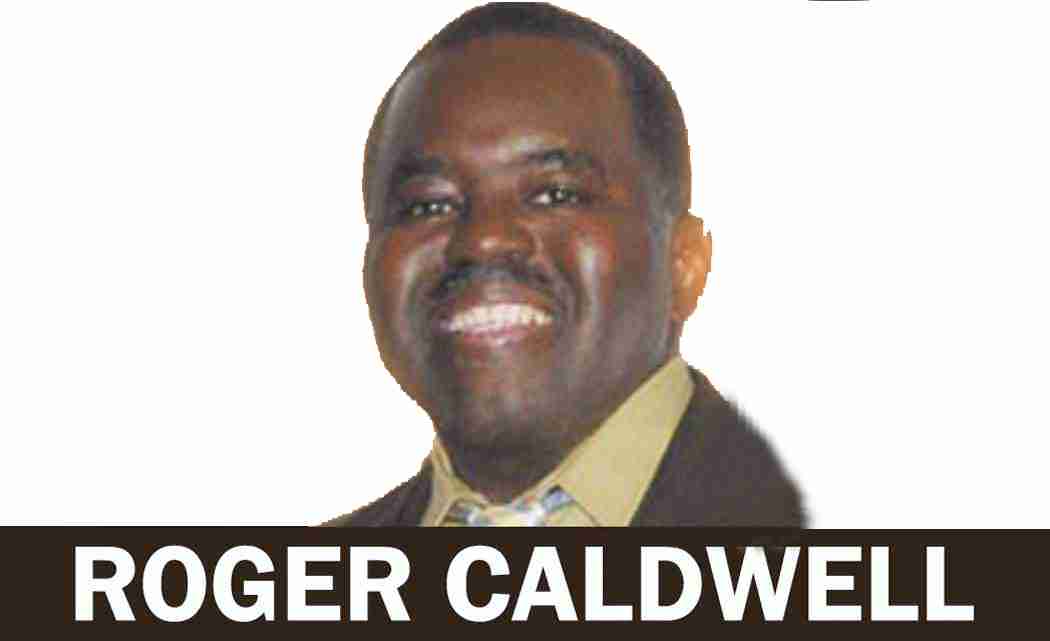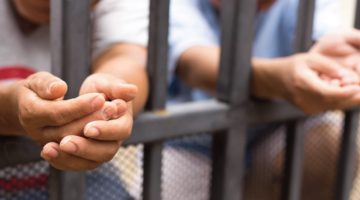Kwanzaa was created in 1966 by Dr. Maulana Karenga, professor and chairmen of Black Studies at California State University, Long Beach. In 1966, Blacks/African Americans were searching for their identity, and challenging racism, discrimination, the right to vote, education, and White supremacy. This decade was marked by the civil rights movement, the Vietnam War, political assassinations, and a very divisive counterculture.
Black people were looking for a change, and there were many riots all over the country. After the Watts riots in Los Angeles, Dr. Karenga was looking for a concept that would organize and unify African Americans. Out of this turbulent period, Kwanzaa was created and it meant “the first fruits.” Kwanzaa is a cultural, family, community, and national celebration, that brings people together.
It was derived from several African harvest celebration, and songs, dances, African drumming, and storytelling was included into the event. It was a way for African Americans to reaffirm their ancestors and culture, and it would start on December 26, and it would last through January 1st.
Kwanzaa was initially started as a spiritual and political event, and Swahili was used as the language, and seven principals were the guiding foundation. The seven principals were named the Nguzo Saba, and each day candles were lit to celebrate Kwanzaa. The candle-lighting ceremony each evening provided the opportunity to discuss, and bring Black families and organizations closer together.
The seven principles of Kwanza are: 1, Unity (Umoja), 2, Self-determination (Kujichaguilia), 3, Collective Work and Responsibility (Ujima), 4, Cooperative Economics (Ujamaa), 5, Purpose (Nia), 6, Creativity (Kuumba), and 7, Faith (Imani).
This African American holiday celebration has lasted over 50 years, and it is practiced worldwide. These principals represent values for African Americans that should be practiced every day, and they can stop the hating and the killing that is prevalent and taking place in our communities.
Kwanzaa should be a movement for African Americans in America, and it should not just be religious or political. “These principles represent values that can strengthen our lives, our families, and our communities, whether you celebrate Kwanzaa or not,” says Melyssa Barrett – founder of Kwanzaa Every Day.
“The founder believes that we can get back to the core of who we are as individuals, and reconnect with our God-given power. We also can work together to build up rather than tear down.”
Every day in the inner city across the country, street and domestic violence claim thousands of lives. It is time to “let love rule” in African American communities and Kwanzaa principles should direct and be the guiding force for our youth and families.
Kwanzaa should not be just a holiday event, but it must be a movement for African Americans across America for 365 days. It is time to eliminate crime in the Black community, and stop the cycle of hate. We must teach the beauty of our African roots and save this new generation.
Melyssa Barrett’s dream with Kwanzaa Every Day is to create a true movement, where people all around the country and world change their lives and inspire those around them to change. Join the movement and share the power of the Kwanzaa principles.













No Comment